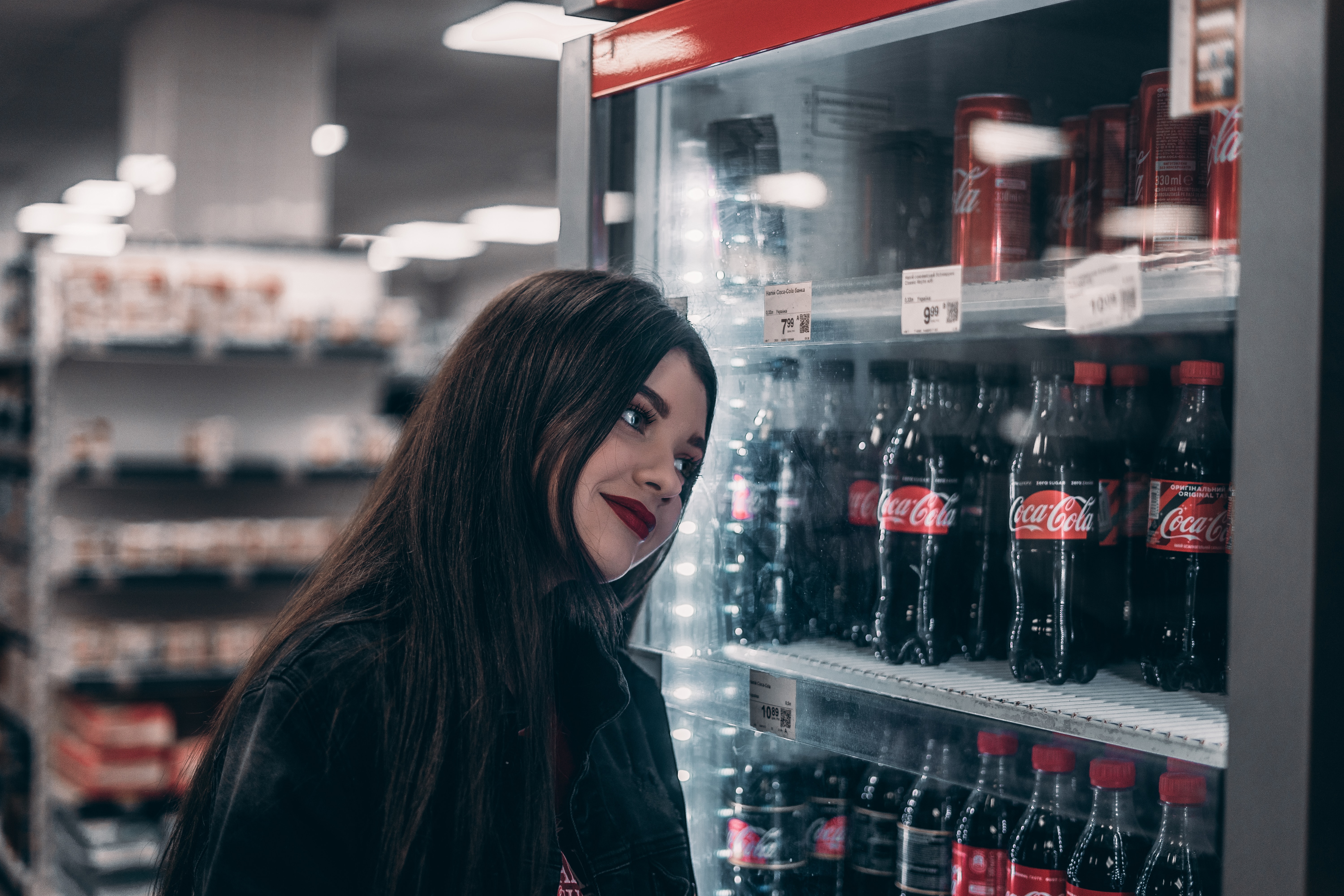It’s winter. The days are colder, darker, shorter. We’re all looking for ways to bring a little cheer into our lives. But the extent to which companies are marketing to our presumed seasonal affective disorder is getting ridiculous. The other day I passed by a grocery store refrigerator when I saw a Dr. Pepper bottle with the words “You Deserve It” scrawled across it (What, exactly, I “deserved” was unclear; I read it as an act of kindness…and as a threat: “This is what you get for being a sugar addict!”). Seeing the soda’s new slogan got me thinking about all the brands that are changing to accommodate what their customers are looking for.
These brands are feasting off a greater social trend: self-care.
Mental and emotional health has been en vogue since Mr. Rogers Neighborhood. Studies have shown that when we are mentally and emotionally healthy, everything in our lives can change for the better. Unfortunately, where there is capitalism, there are companies trying to cash-in on the public’s knowledge of pop psychology.
Being kind to yourself is essential, but it isn’t all about instant gratification. However, a lot of companies survive in this economy by convincing you that buying their useless, unhealthy, and unsustainable products is a part of taking care of yourself.
So how can you tell when a brand is manipulating you?
The short answer is: they’re always manipulating you…but that may be too depressing to accept all at once. Brands are scary-good at poking your base animal instincts to get you to buy something. Still, there are a couple questions to ask yourself before you desperately purchase something in your pursuit of happiness:
- Are they using pop-psychology terms or phrasing? Why is “You Deserve It” an effective slogan? Because today, people are told by mental health professionals that they deserve to be safe, happy, fulfilled, etc. and Dr. Pepper is implying that drinking their product is a part of that. However, you’ll be hard pressed to find a psychiatrist who will tell you that your problems will be fixed with sugary beverages.
- Do they use cultural appropriation to sell you something? These days, the classic example of this is Hygge, a Danish concept that loosely translates to homeliness. I can’t count the number of Pinterest pins, YouTube videos, and mailers that say the secret to accomplishing Hygge is a pair of fuzzy socks, lots of hot beverages, and a soft bed (all of which you can purchase!). In reality, the Danes’ use of Hygge is in relation to time spent with people you’re comfortable around, tidy spaces to gather in, and homemade food. At most, there’s a general consensus in Danish culture that candles and other soft lighting makes a home feel more comfortable and welcoming. So sorry, Pottery Barn, your $300 fuzzy blanket doesn’t make the cut.
- Have you already tried it and it failed to make you feel better? This question is the one I find gets the best results when narrowing down what will actually make me feel better. Let me stress that this question is effective for things and not people, as our own psychology around loneliness can get in the way of seeking out good company. Things, on the other hand, are fairly stagnant and predictable. When it comes to impulse buying, the answer for me is almost always that it won’t make me feel better than I already feel.
I’m not here to tell you to stop buying Dr. Pepper if you want to.
Personally, Diet Dr. Pepper is one of my favorite things to drink and I’m fully aware that mentioning them this many times in a blog post probably has you feeling pretty thirsty right about now. I’m just suggesting that if you are actively avoiding soda because you’re on a diet or you’ve given up single-use plastics, don’t change your mind in the name of self-care. Shockingly, buying a Dr. Pepper is not the secret to health and happiness.
